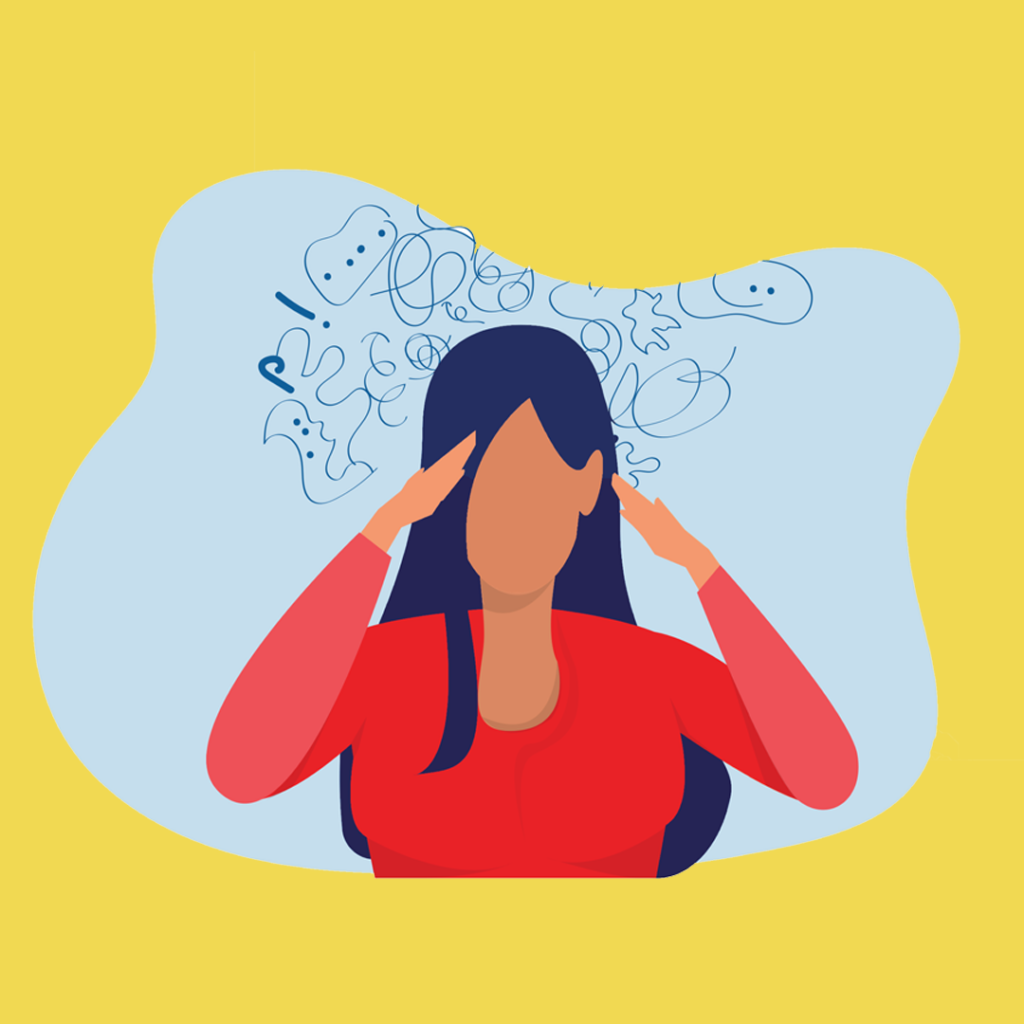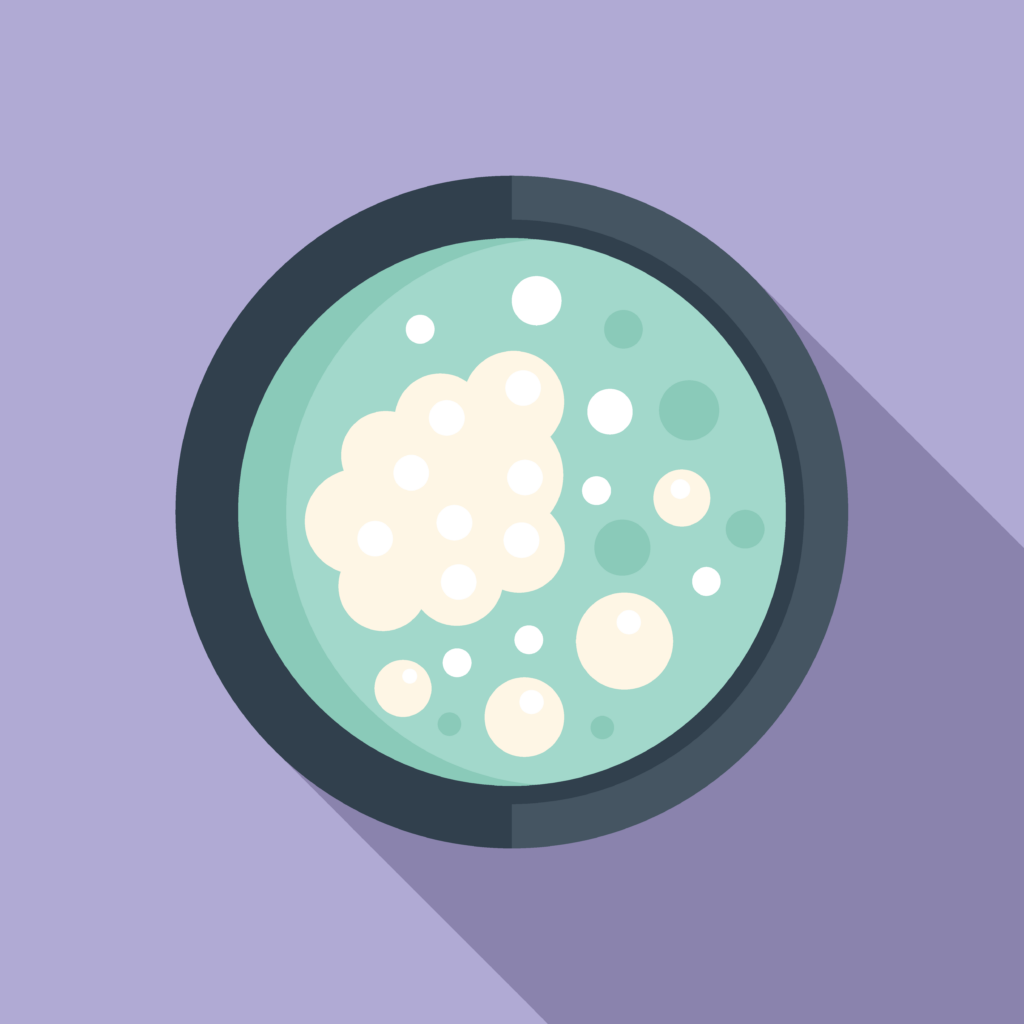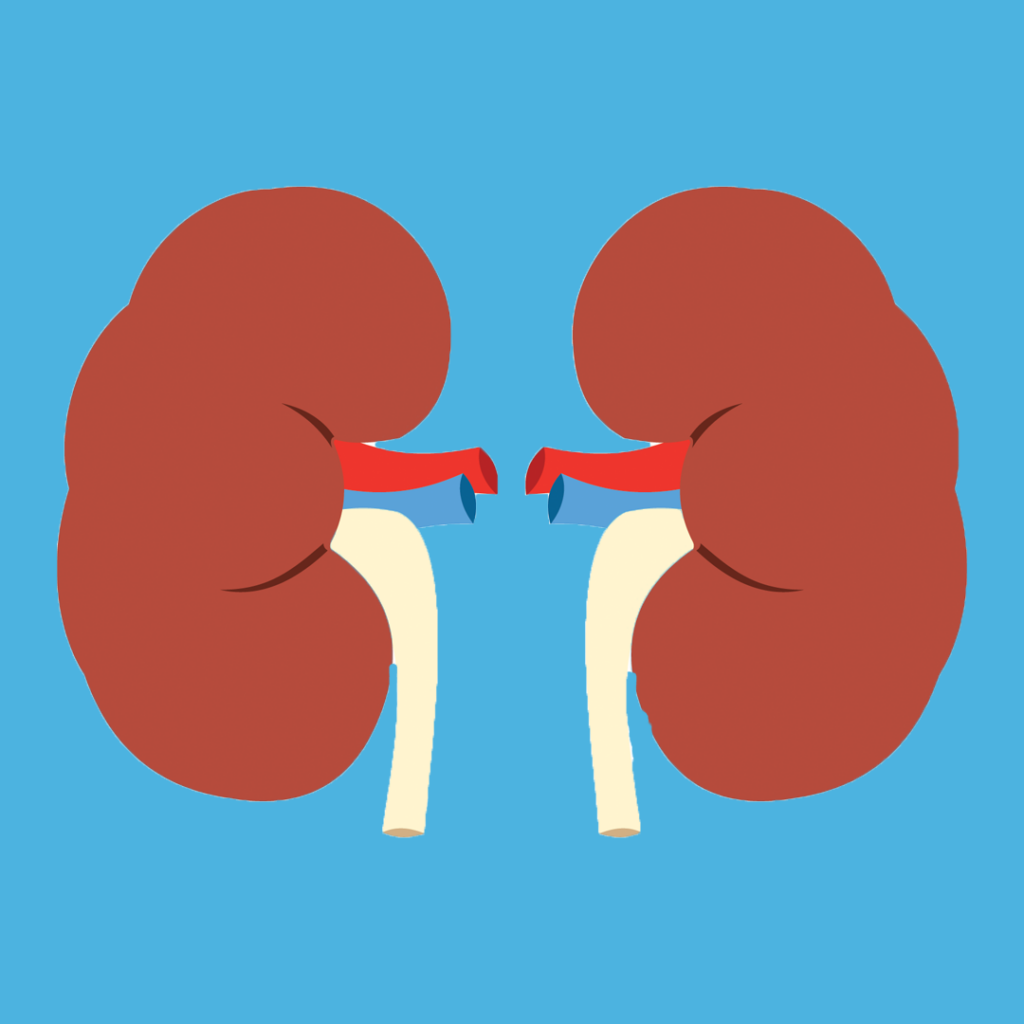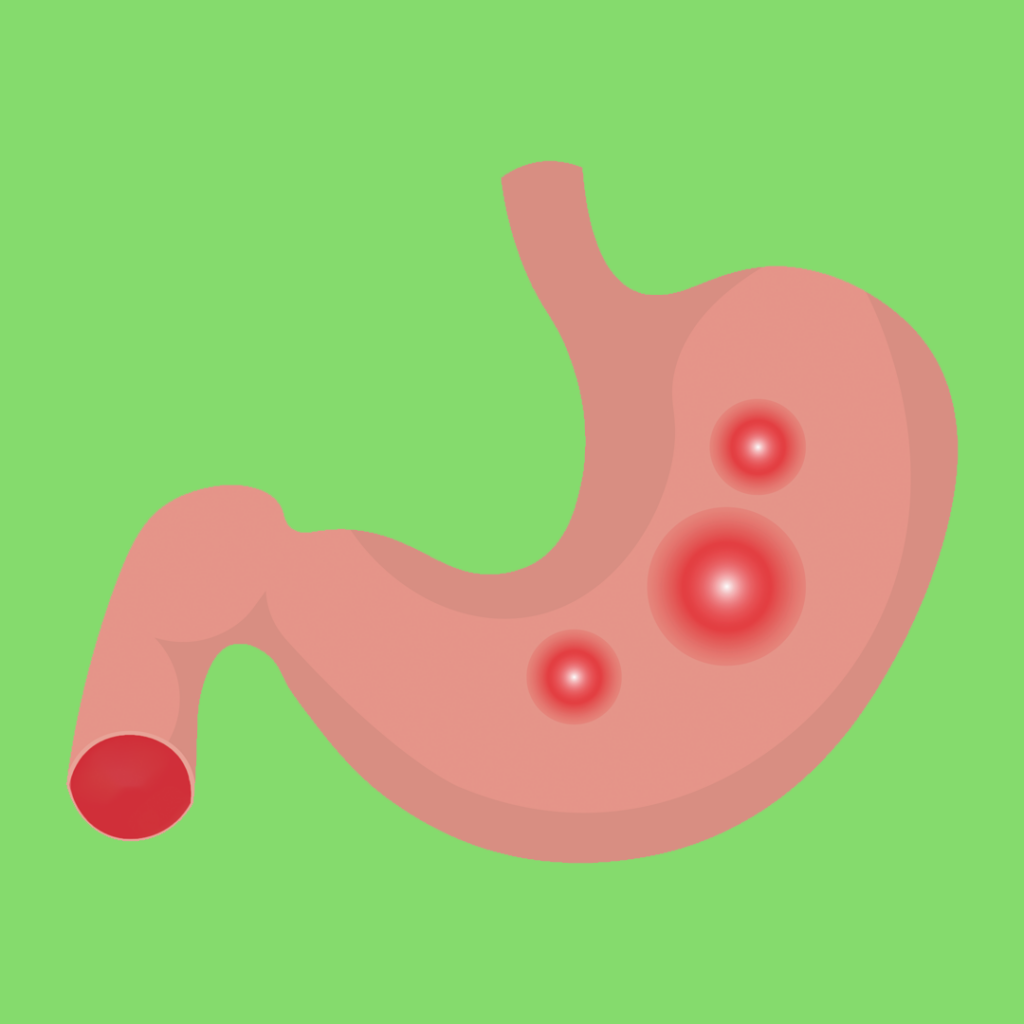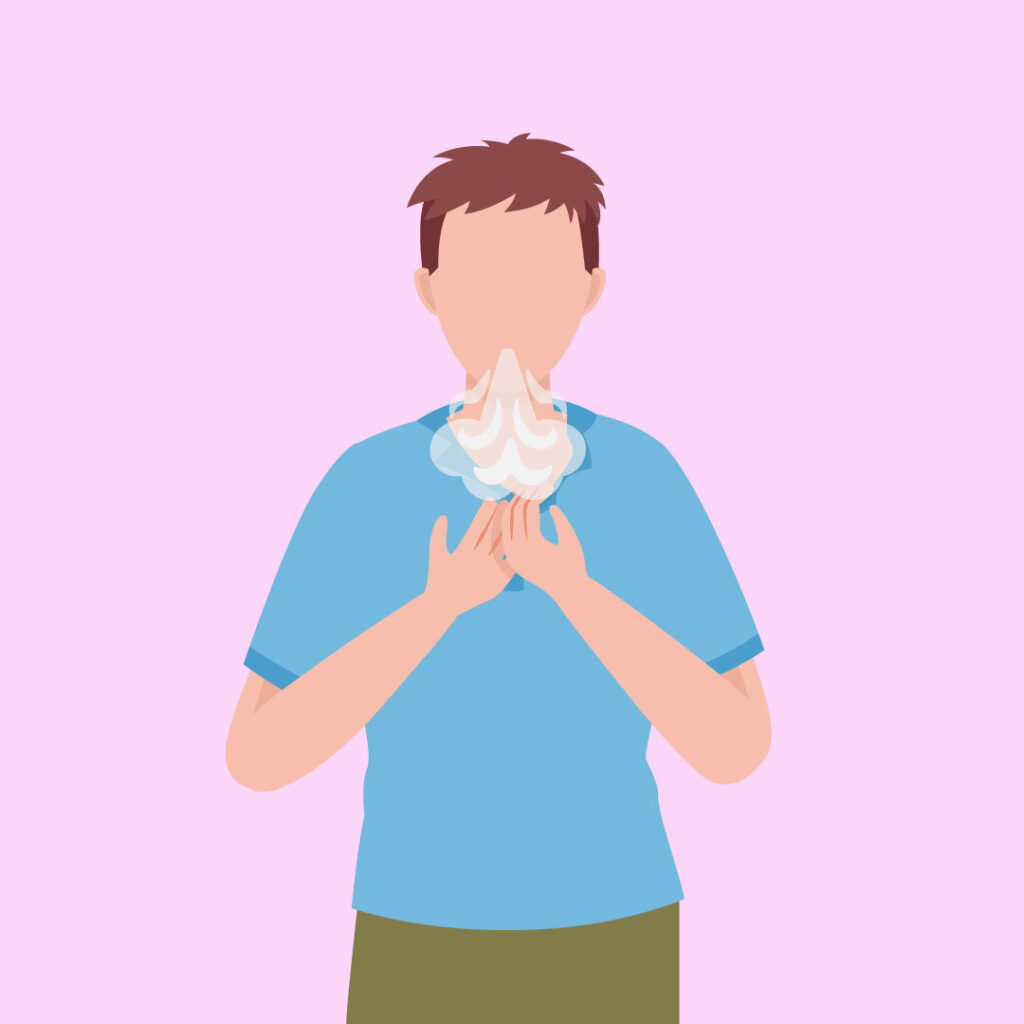Overcome stubborn dandruff with zinc
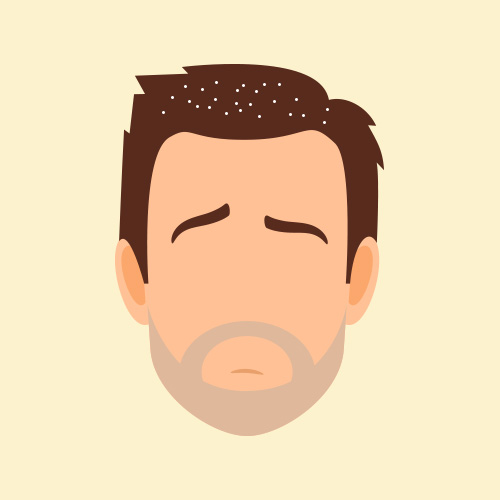
Questions answered in this article:
Those who suffer from dandruff know it can be embarrassing, annoying, and uncomfortable. The cascade of white flakes and itchy scalp can be difficult to get rid of, affecting your day-to-day life. It may seem like buying the right hair care product is the answer, but the truth is, dandruff is more complicated than it seems. Although many hair care products on the market promise to get rid of dandruff for good, there are many nutritional factors that can contribute to the presence of dandruff. One nutrient that's at play when it comes to skin and scalp health is zinc. Between playing important roles in skin healing and killing pathogens, zinc is an essential mineral with an important role in fighting dandruff.
The link between zinc deficiency and dandruff
Healthy skin cells typically shed and regrow every 2-4 weeks, and we need zinc in order for this to occur. Without adequate amounts of zinc, the skin cells cannot multiply as needed, often leading to skin issues. Many skin conditions such as acne, rosacea, and skin lesions are correlated with zinc deficiency.
Out of these conditions, eczema is particularly dependent on zinc levels. Eczema and dandruff are quite similar – both involve signs of inflammation and itchiness, often causing the skin to flake. Zinc is a safe anti-inflammatory alternative that improves skin turnover while soothing and protecting the skin. Studies show that a zinc deficiency can lead to rash-like dermatitis and dandruff, while zinc supplementation is often used as part of treatment plans.
Where does dandruff come from?
Oily scalp
Contrary to popular belief, dandruff is not always caused by a dry scalp. In fact, dandruff tends to be worse when there is excess oil production on the scalp. An abnormally oily scalp can be caused by genetics or overwashing of the hair. More clumps of dandruff might be visible because the oil makes the flakes stick together.
A telltale sign of dandruff caused by an oily scalp is the presence of yellowish, sticky flakes on a slightly red scalp. This condition is known as seborrheic dermatitis and can affect people of all ages.
Dry scalp
If your dandruff is not caused by an oily scalp, an overly dry scalp may be the culprit. Having a dry scalp is typically the result of excess hair washing, exposure to cold air, or skin conditions such as eczema. The flakes caused by dryness are usually smaller, though still itch-inducing. If you have a dry scalp, you may want to switch to a gentle shampoo and a moisturizing conditioner. Dandruff caused by a dry scalp is often easier to treat. Once you restore moisture to your scalp, the flakes should disappear.
Yeast overgrowth
When dandruff is persistent, yeast overgrowth is likely the primary cause. Malassezia is a fungal pathogen that can aggravate your scalp and cause skin cells to multiply excessively. When uncontrolled, it can develop into seborrheic dermatitis.
In this case, yeast overgrowth starts by creating inflammation at the scalp, leading to abnormal skin cell division. Then, excess cell growth triggers disruptions in the skin barrier and further increases the inflammatory response. It's a vicious cycle. Furthermore, because yeast overgrowth triggers the immune system to increase inflammation, your body's resources are compromised, allowing Malassezia to thrive. When treating dandruff caused by yeast overgrowth, a healthy lifestyle and dietary changes are necessary to achieve lasting effects. If stress levels are high and nutrient status is low, dandruff can worsen.
Using the wrong hair product
Some hair products may claim to keep your hair strong and shiny, but instead, wreak havoc on your scalp. If you notice that using a new hair product has made your dandruff worse, try switching to a gentler shampoo made from clean ingredients. In addition to using the right shampoo for your scalp type, consider the frequency of your hair washes. Finer hair should be washed more often, while thicker hair can go longer in between washes. If you don't wash your hair often enough, the oily buildup can contribute to more flakes.
A solution for dandruff
Topical zinc shampoo
Because yeast is commonly indicated in cases of dandruff, zinc shampoos can be used to target fungus that grows on the scalp. Shampoos containing zinc aim to decrease skin cell production so that the yeast does not spread further. For best results, look for a shampoo that contains zinc pyrithione. This form of zinc can help control sebum production on the scalp and reduce yeast overgrowth.
Oral zinc supplementation
It's important to remember that the benefits of using a zinc shampoo are temporary. If the cause of dandruff is a zinc deficiency, the shampoo alone will not address the root cause or provide a permanent solution. To ensure adequate zinc stores for optimal skin and scalp health, a daily zinc supplement can be used as part of your treatment. Zinc Bis-Glycinate 25 is an absorbable and gentle form of zinc suitable for adults.
A balanced diet to support a healthy scalp
In addition to eating zinc-rich foods, a diet high in omega-3 fatty acids can help balance oil production on the scalp. Prioritize foods rich in omega-3 fats such as fatty fish, avocadoes, or nuts and seeds. A good guideline to follow is the Mediterranean diet, which focuses on consuming adequate levels of healthy fats to keep the skin nourished. When you give your skin the nutrients it needs to thrive, the cycle of dandruff production can be broken.

